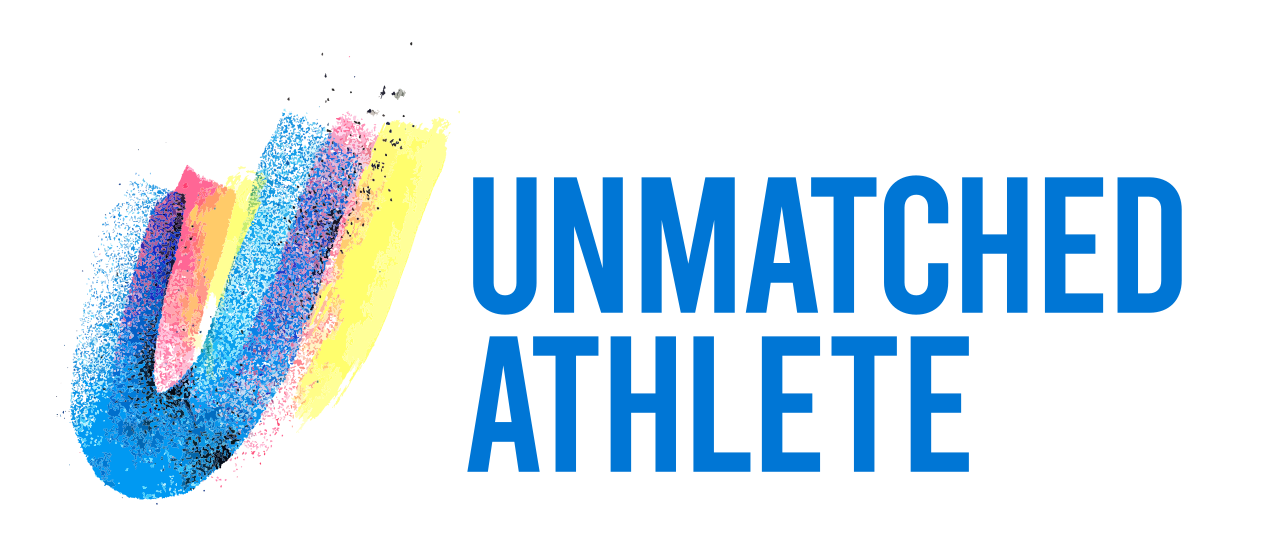Quality of Healthcare Resources for Transgender Identifying Individuals in Baltimore, MD
Open
Walden University
Goal Statement: This portfolio aims to identify methods of education for healthcare staff and advocate for more readily available resources that provide transgender affirming healthcare.
Significant Findings: The transgender community makes up of approximately 252,000 people in the state of Maryland. This community struggles with getting access to, as well as, receiving adequate and competent healthcare. There is a large lack of resources that provide LGBT specific healthcare practices, other providers and first responders are not properly trained on LGBT healthcare, and a large number of health insurance providers will refuse to pay for LGBT care. Negative perceptions and beliefs about transgender individuals leads to more discrimination by healthcare providers. Utilizing transformative learning would be beneficial in correcting this problem by providing education and decreasing negative perceptions and beliefs.
Objectives/Strategies/Interventions/Next Steps: The first step would be to conduct more research in quality of healthcare with transgender individuals. This research should be designed to also observe trends regarding healthcare quality changes over different intersectionalities. Examples of this would be African American transgender healthcare quality get compared to Caucasian transgender healthcare quality and/or differences in quality based on female or male presenting individuals. The second step would be to coordinate with the Chase Brexton medical system to develop and plan educational programs for first responders and all healthcare staff.
They are the leading medical system in Maryland that provides LGBT affirming care for both physical and behavioral health. The third step would be to start providing the programs to current providers while performing constant evaluations of the content and success in order to improve their quality and accuracy. The fourth step includes expanding the programs to student health care professionals in universities and community colleges. Earlier training would help to
decrease stigma and discriminatory behaviors by challenging preconceived notions and beliefs about the transgender community before the student finishes the program and starts practicing.
Thus, decreasing the number of instances of discriminatory and incompetnent health care. The fifth step requires you to utilize the data from evaluating the success rate of the programs and provide the results to government representatives. This would increase awareness as well as advocate for public policy mandating competency training in LGBT healthcare.
SIGNATURE: K. Greer Russell
DIRECT EMAIL ADDRESS: kgreer0802@gmail.com

